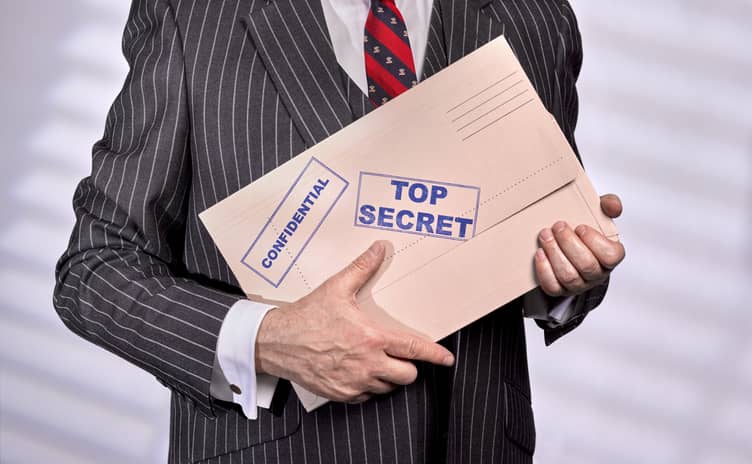For 135 years, people have tried to uncover the recipe for Coca-Cola.
Coke’s highly guarded formula (it has been locked in a bank vault for decades) is one of the best-known examples of a trade secret, but many products and processes are considered so valuable that laws exist to ensure their proprietary mechanics remain private.
Characteristics of a Trade Secret
Lynnise E. Pantin, Pritzker Pucker Family Clinical Professor of Transactional Law at Columbia Law School, says a trade secret is “any piece of business knowledge you need to keep secret,” and can include, but is not limited to, “your business’s unique curriculum, marketing strategies, recipes, etc.—anything pivotal to the success of your business.”
A trade secret, according to the U.S. Patent and Trademark Office, must meet three criteria: It “is information that has either actual or potential independent economic value by virtue of not being generally known, has value to others who cannot legitimately obtain the information, and is subject to reasonable efforts to maintain its secrecy.”
If even one criterion is removed, the trade secret no longer exists, which excludes it from any protection.
“If that secret ever enters the public domain—even if it is maliciously disclosed by a disgruntled employee or leaked by complete accident—it is no longer protected under intellectual property laws,” Pantin says.
Trade Secrets vs. Patents, Copyrights, and Trademarks
Trade secrets involve information that is purposefully hidden from public view—even throughout the life of an invention. Patents require the inventor or owner of proprietary knowledge to disclose in detail how their product or process works, and a patent prevents anyone else from using that information until the patent expires, typically in 20 years.
There is no designated government entity that monitors or protects trade secrets, unlike other types of intellectual property. However, state and federal laws have been enacted to provide business owners with recourse to take action against anyone who willfully divulges a trade secret into the public domain.
Courts have a lot of latitude when it comes to shielding trade secrets, including preventing its public dissemination and even ordering a trade secret to be seized to prevent it from being shared.
The theft of a trade secret by a foreign government or entity for the purpose of benefiting that nation is so significant that it’s called economic espionage. In such instances, the U.S. Department of Justice intervenes to prosecute; the penalty can extend from fines to prison.
Business owners also must enact measures to keep trade secrets private. One method is to require employees to sign confidentiality agreements. If a nondisclosure pact is violated, the business owner can take legal action.
“The law protects trade secrets. But your obligation is to keep it a secret. That’s the way that the law protects you. You also have to do your part by making sure that you keep it secret,” says Pantin.
